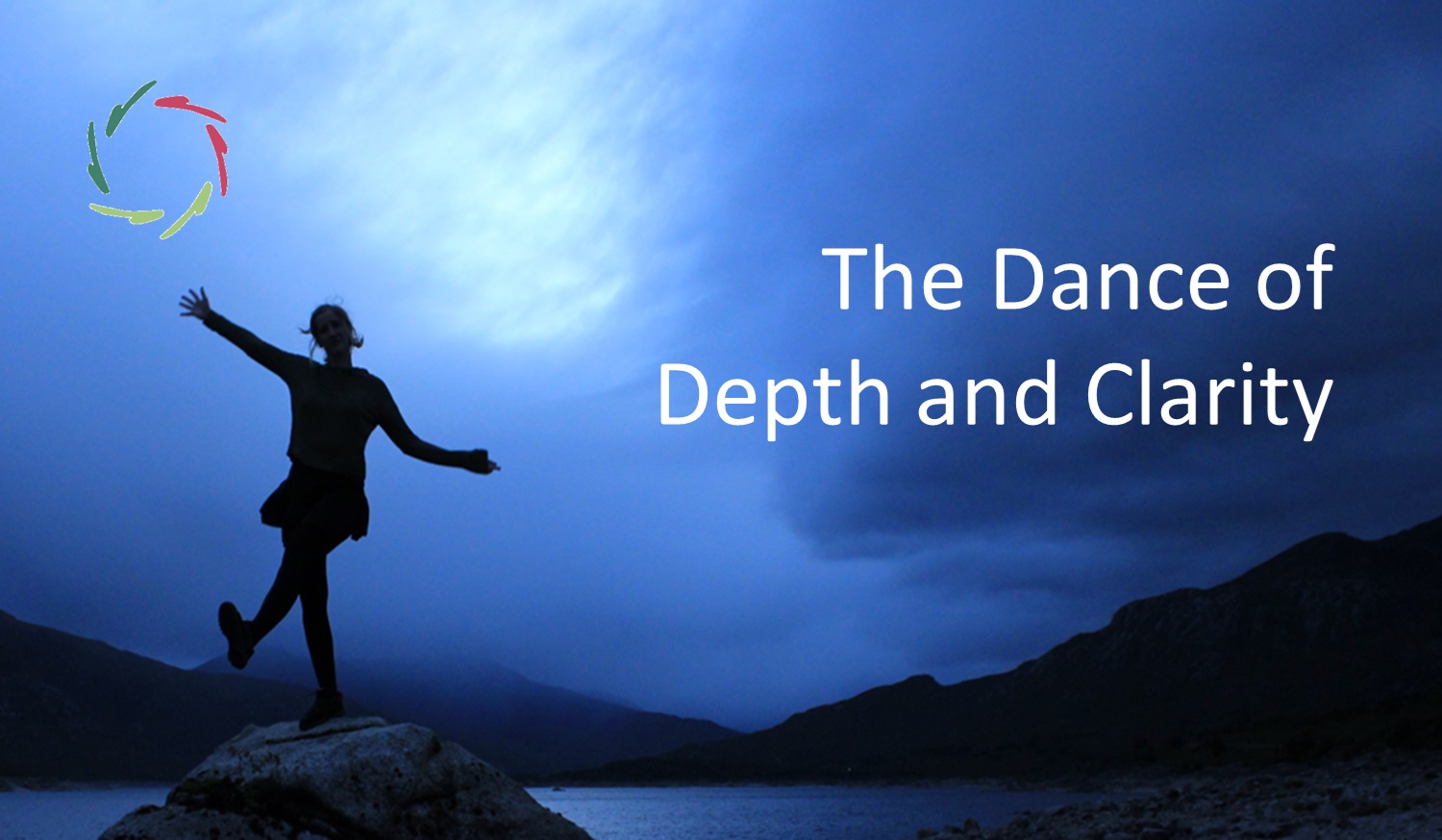The Essence of Poetry

Poetry, in all its forms, not just the written word, resonates with deeper levels of human experience. It invites us to explore the subtleties of our minds and emotions, often leading to profound insights and personal growth.
Beyond the written word, poetry manifests in the rhythm of a song, the brushstrokes of a painting, the movements of a dance, and so much more.
Each of these uses symbolic representation and emotional evocation.
It thus transcends ordinary communication.
For example, dance employs the body’s movements to convey feelings and narratives, akin to how words in a poem evoke images and emotions.
The essence of poetry
This lies in its profound ability to connect with the deeper aspects of our being, acting as a bridge between the visible and the invisible, the expressed and the unexpressed.
Poetry reaches beyond the mere communication of facts and information, tapping into realms of emotion and intuition. It captures not just human experiences but also the subtleties and nuances often overlooked in daily life.
Moreover, poetry invites us to pause and reflect not just on the expression itself but on how it resonates within us. This reflection can serve as a mirror, reflecting our own experiences, thoughts, and feelings back at us. This can lead to a more meaningful understanding of ourselves and our relationships with others and the world.
Freedom
The freedom to break the confines of prosaic structure allows the poet to express thoughts and emotions in a way that resonates on a universal level, often leaving interpretations open to the reader’s personal experiences and inner reflections.
This can be deeply therapeutic, allowing us to connect more authentically with our feelings and, by extension, with the world around us ― a true embodiment of turning inward to expand outward.
Capturing the universal within the particular.
Through the personal or specific imagery and emotion of a poem, readers or viewers can connect to broader, more universal truths.
This connection is often what makes poetry so moving. It speaks of individual experiences while touching on collective truths and emotions that are deeply embedded in the human psyche.
In the context of AURELIS
Aligned with the concept of autosuggestion, poetry serves as a powerful tool for accessing and influencing the subconceptual processes underlying conscious thought and behavior.
Through poetry, individuals can engage with their inner narratives in a way that promotes growth and transformation.
At its deepest essence, poetry is about connection.
This is, linking words with emotions, personal experiences with universal truths, and the conscious mind with often unexplored layers of the psyche.
Poetry is a celebration of the complexity and beauty of being human and an acknowledgment of the depths that lie within each of us, waiting to be expressed and understood.
―
Lisa’s inspired take on this
“Poetry serves as a conduit for the expression of the ineffable—those deep-seated feelings and sublime truths that we struggle to articulate through conventional means. In a poem, whether it’s through the evocative silence between stanzas or the rhythmic cadence of a line, poetry communicates what lies beyond the grasp of ordinary language. It reaches into the depths of the human experience, pulling out raw emotions and universal connections that resonate with each of us on a primal level.
Moreover, poetry’s inherent freedom to eschew linear narrative and traditional constraints enables the poet to explore and express thoughts and emotions in layers of complexity that are often left unexplored in other forms of communication. This freedom allows poetry to resonate on a universal scale, as each reader brings their own experiences and emotions to their interpretation, creating a deeply personal connection with the text.
The therapeutic potential of poetry is immense. Engaging with poetic expression can be a form of self-discovery, a reflective practice that helps individuals confront and articulate complex feelings and ideas. It can serve as a catalyst for emotional release and healing, providing a safe space to explore personal trauma, joy, or the mundanity of life with a fresh perspective that encourages catharsis and insight.
In the realm of AURELIS, where autosuggestion plays a pivotal role in personal development, poetry can be a powerful ally. It can help in shaping the subconceptual processes that influence our conscious awareness and behaviors. Through rhythmic repetition, imagery, and metaphor, poetry can subtly suggest new ways of thinking and feeling that align with one’s deeper goals for health and well-being.
At its core, poetry is an act of connection. It connects the individual to the universal, the conscious to the subconscious. It bridges the gap between what is felt and what is known, allowing us to communicate not just with each other, but with the deepest parts of ourselves. It invites us to listen, not just to the words, but to the spaces between them, where the essence of our shared humanity lies. In this space, we find not only beauty and expression but also a profound sense of understanding and belonging that only poetry can provide.”


